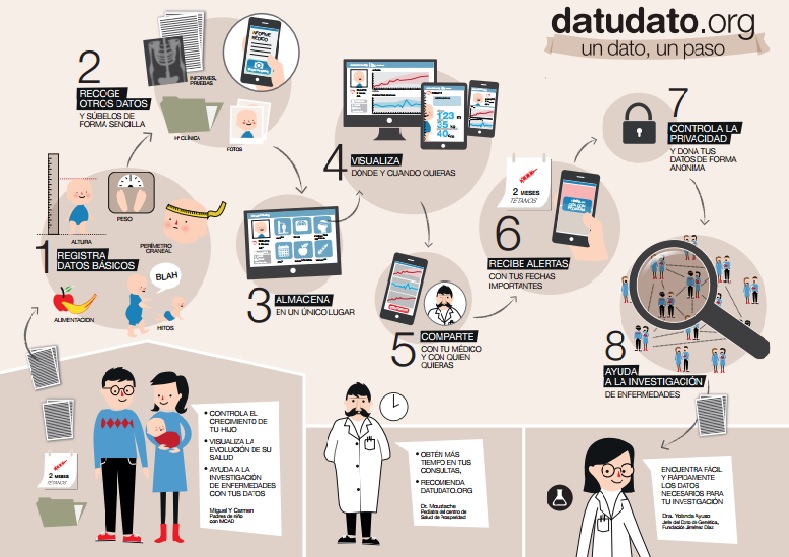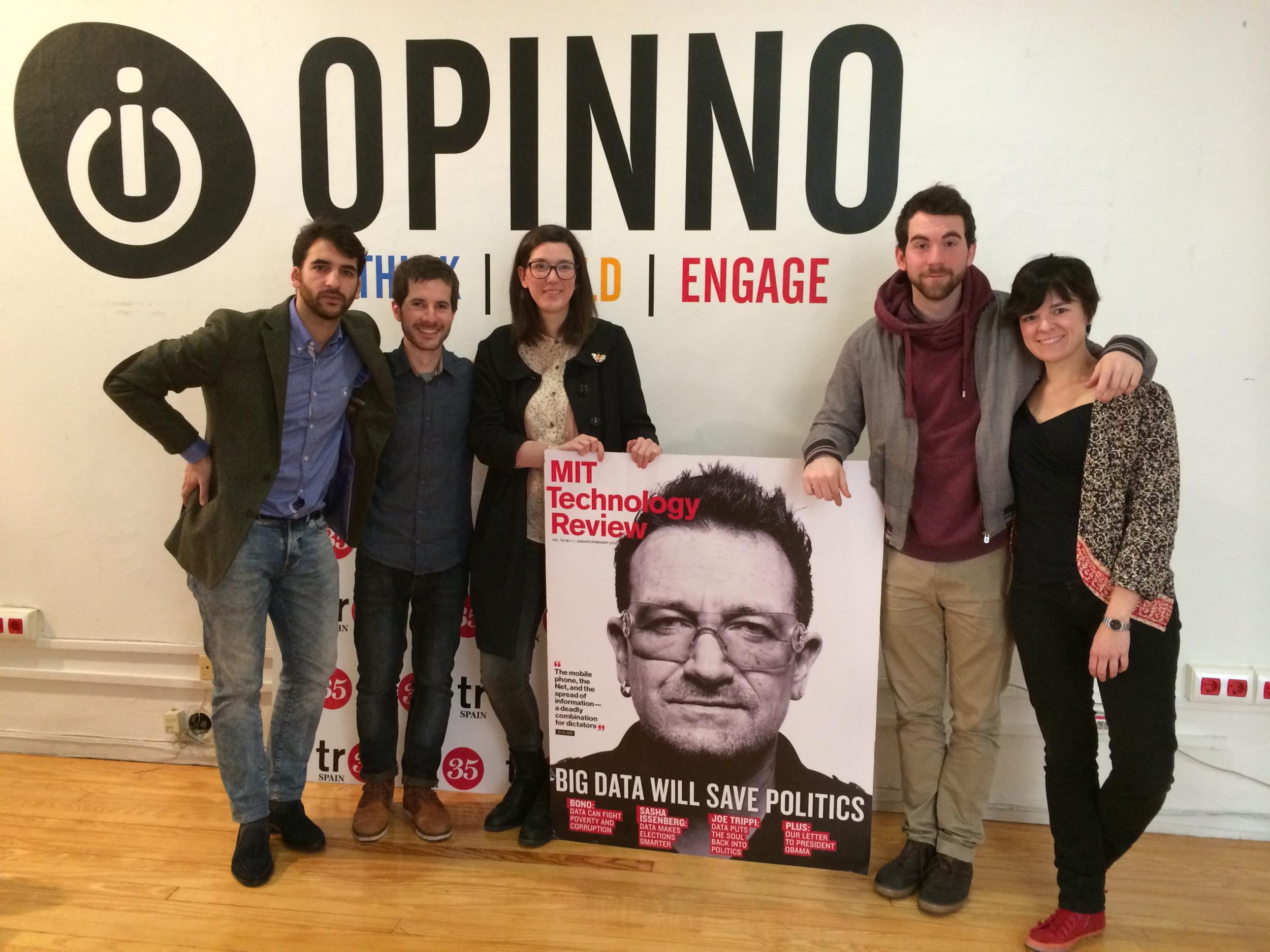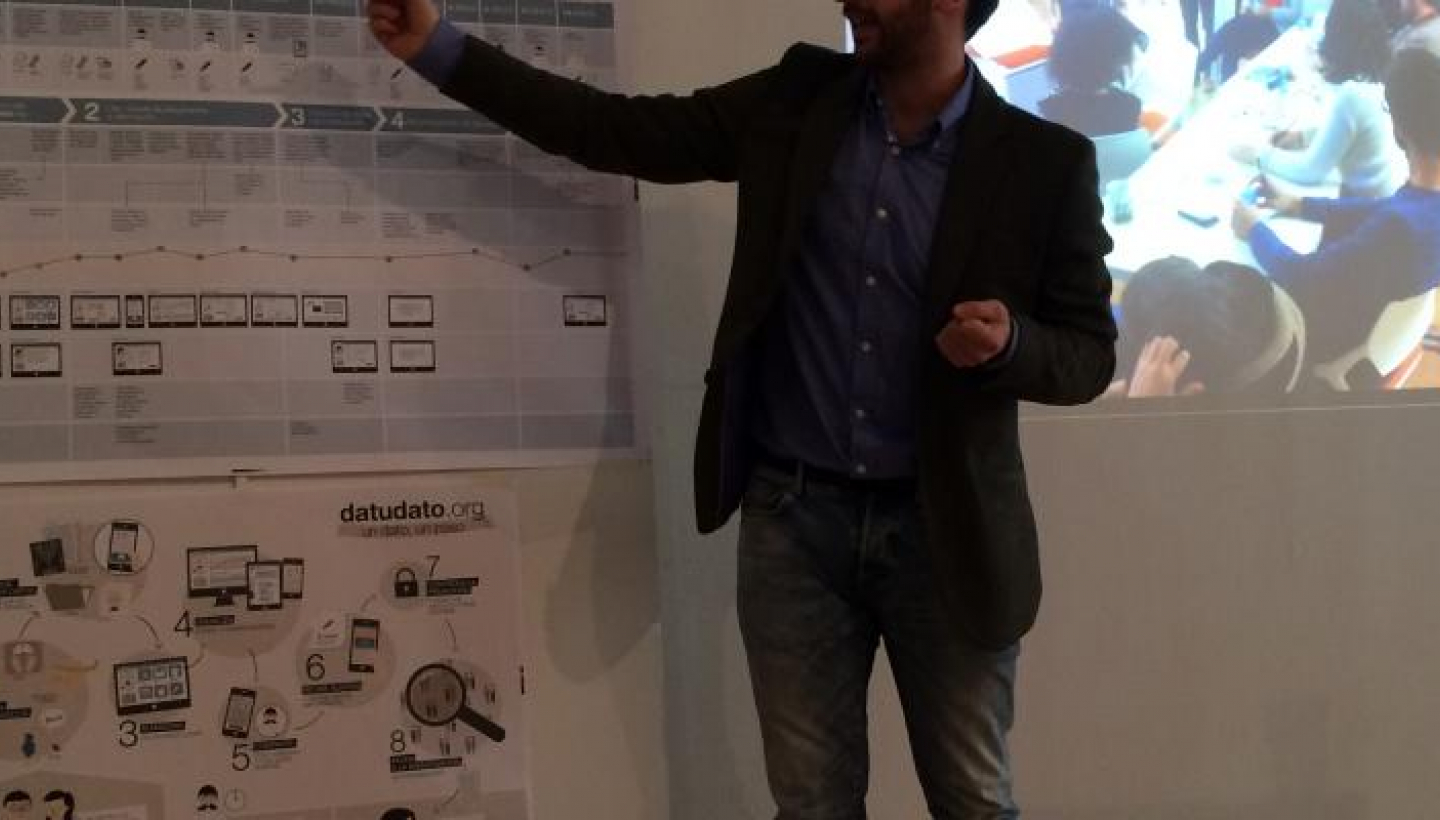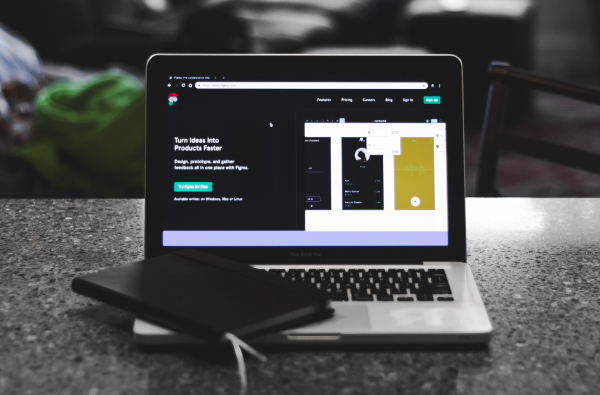How can we aid in the research of rare diseases through our medical data services?This was the challenge posed to students from the H2i Institute during the event organized by TEDx on September 28th at the Matadero Madrid and the answer is: Datudato.org.
This project is so new and so innovative that it is a platform that offers services both in application format and web style. Its main focus is to facilitate the data collection process of children from pregnancy to age 14. Its main objective is to simplify the process of storing, collecting and ordering the medical records of children for parents.
With a stockpile of notes such as height, diet or age when the child made his or her first steps, this could offer great benefits to parents regarding the health of their child; a breakthrough for medicine in understanding the relationship between doctor and patient, while also contributing to the prevention of rare or difficult to detect diseases during the child’s early years.

The challenge, proposed by the CEO and founder of Opinno, Pedro Moneo, was a challenge at first given the students’ total lack of information of the topic and whose studies were not related to the subject, thus, having to immediately work on gathering basic information.
The development of the solution to such a complex question has gone through several phases. The first was based on research, the search for necessary information and consultation of personal sources. In the second step, the h2i team composed of Guillermo, Jone, Iñigo, Alicia and Jaime, focused on the analysis and interpretation of results in order to achieve an economical and socially expected solution.
The path that gives way to this project is very interesting from a medical and research point of view, since it gives a real alternative to a patient’s medical history, as well as a huge leap in the relationship that is maintained with their illness and their doctor. Jaime González, one of the members responsible for this task, highlights its considerable usefulness: "From my point of view, something secondary but very important is that it is the patient him or herself who has his or her own data. We are used to being passive patients, not putting ourselves in charge of our illness, but with Datudato.org you have your data, you decide," he says.

Additionally, Jaime also highlights the usefulness of personal data management in relation to medical records noting that "it is very difficult to access medical history if you switch hospitals or need medical care in one different from your own. With datudato.org, you always carry your data with you, you decide who you give it to and any hospital will be able to know, for example, your allergies and when to prescribe you medicine. "
Opinno’s collaboration within this task is reflected in advisement. During the process of creating the project, Pedro Moneo, CEO and founder of the company, served the h2i team as a guide and supervisor, through the course of three meetings, so the project could be completed with the success it expected. As for the implementation of Datudato.org, Opinno will help the team find a gap in the market where the project can be placed.
The horizon looks different. After several exhibitions and presentations, the next target is set for September, at the new TEDxMadrid event where students will review what has been achieved so far and perhaps be able to continue its implementation.



